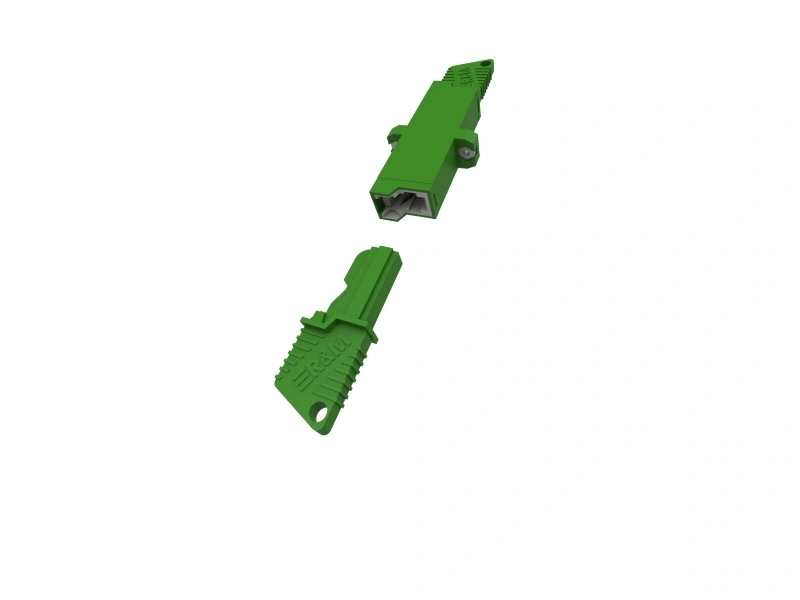Enhancing Fiber Optic Connectivity with Superior Adapter Materials

In the world of telecommunications and data transmission, fiber optic technology has revolutionized the way information is transmitted. Fiber optic adapters play a critical role in ensuring seamless connectivity and efficient data transmission. These small yet crucial components allow the connection of fiber optic cables, providing a pathway for transmitting signals reliably and accurately. To achieve optimal performance, selecting the right materials for fiber optic adapters is essential. In this article, we will explore the various materials used in fiber optic adapters and their benefits.
1. Ceramic Fiber Optic Adapter Materials
Ceramic is a widely used material for fiber optic adapters due to its excellent mechanical and thermal properties. It offers exceptional resistance to high temperatures, making it suitable for demanding environmental conditions. Additionally, ceramic adapters provide superior stability and durability, ensuring long-term performance without degradation. The precise dimensions and smooth surface finish of ceramic components also contribute to low insertion loss and low reflection, resulting in enhanced signal integrity.
2. Metal Fiber Optic Adapter Materials
Metal-based materials, such as stainless steel and zinc alloy, are commonly used in fiber optic adapters for their robustness and corrosion resistance. Stainless steel adapters are highly durable and can withstand harsh outdoor environments, making them ideal for outdoor applications. Zinc alloy adapters, on the other hand, offer a cost-effective solution without compromising performance. Metal adapters also provide excellent electromagnetic interference (EMI) shielding, ensuring reliable signal transmission by minimizing interference from external sources.
3. Plastic Fiber Optic Adapter Materials
Plastic materials, such as polycarbonate and polyphenylene sulfide (PPS), are widely used in fiber optic adapters for their cost-effectiveness and ease of customization. Plastic adapters offer flexibility in design and production, allowing for various configurations and form factors. They are lightweight and easy to install, making them suitable for applications where weight and space constraints are critical. Although plastic adapters may not possess the same level of durability as ceramic or metal adapters, they can still provide reliable performance in less demanding environments.
In conclusion, the selection of fiber optic adapter materials is crucial for ensuring optimal connectivity and performance. Ceramic adapters offer exceptional stability and durability, metal adapters provide robustness and EMI shielding, while plastic adapters offer cost-effectiveness and flexibility. By understanding the benefits and characteristics of different materials, one can choose the most appropriate fiber optic adapter solution for specific applications. With the continuous advancement in materials science, future developments may introduce even more innovative materials to further enhance fiber optic connectivity.



